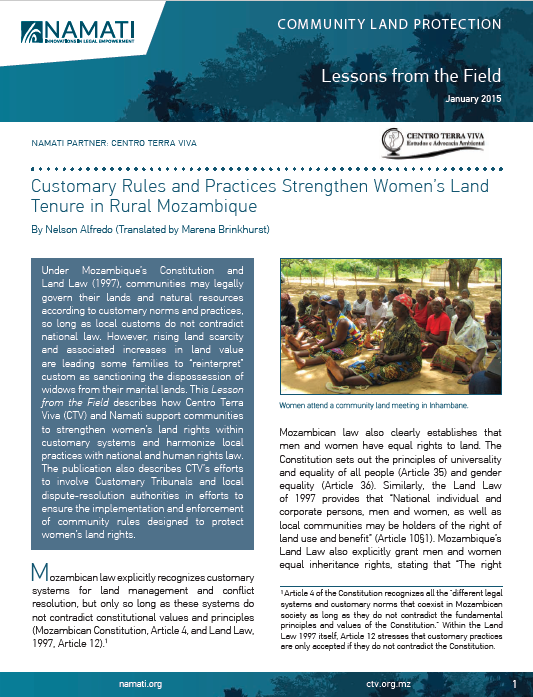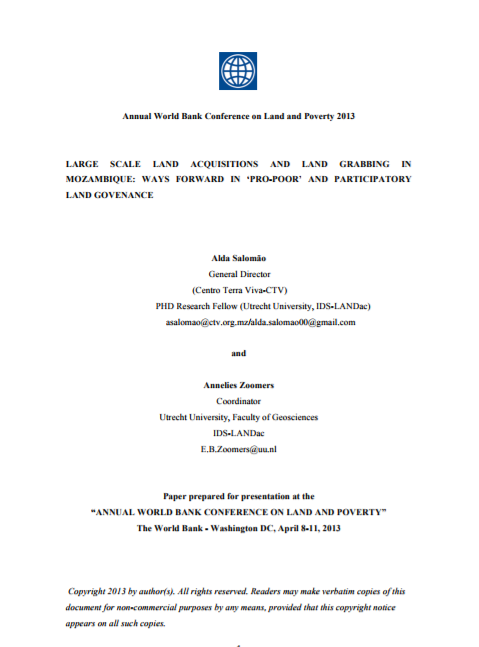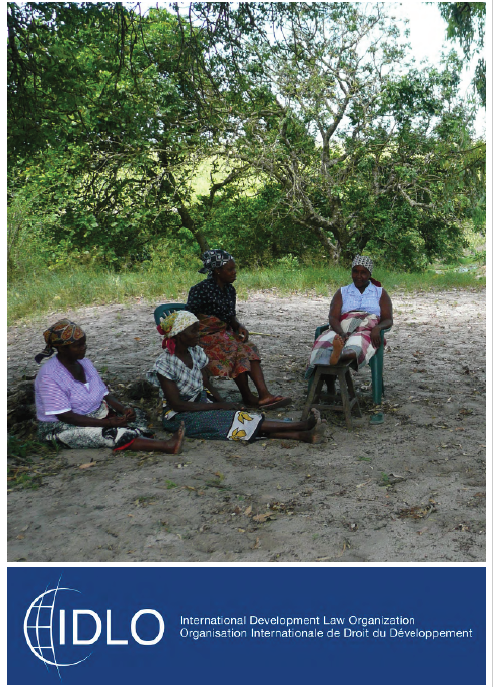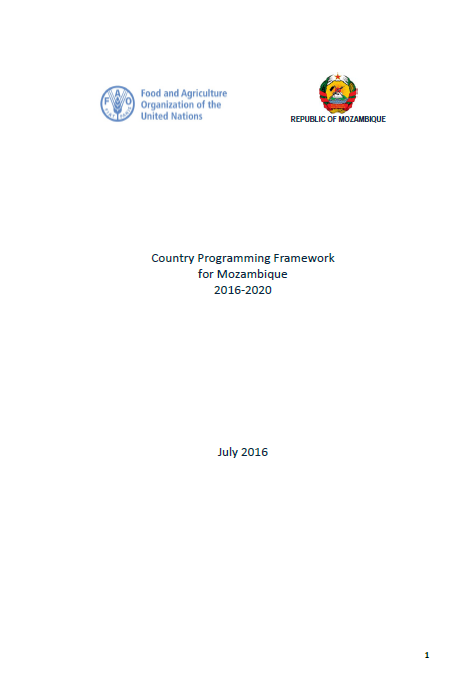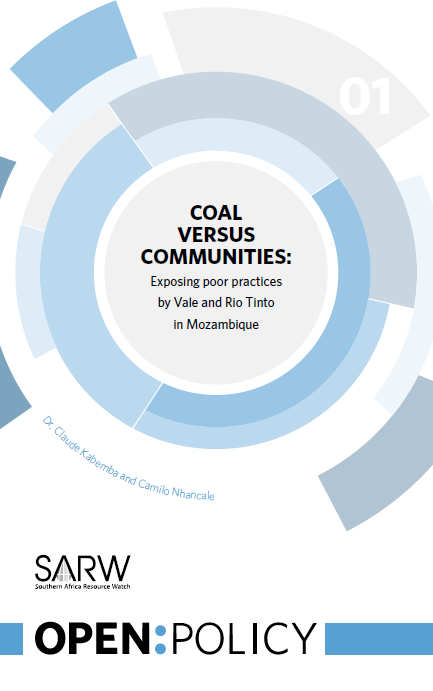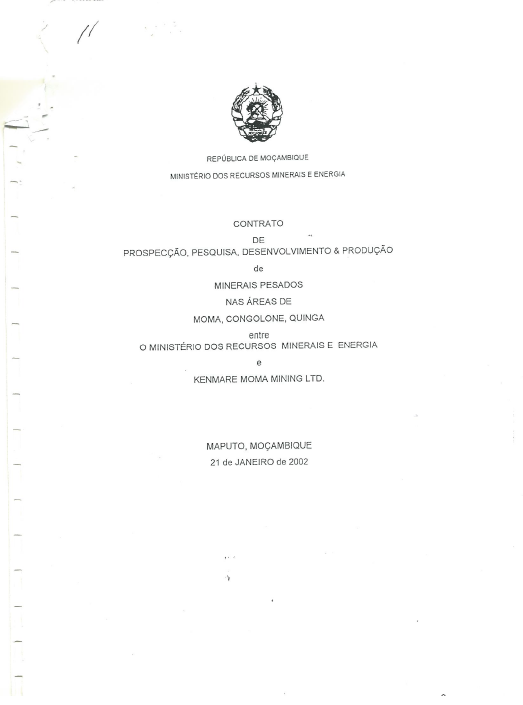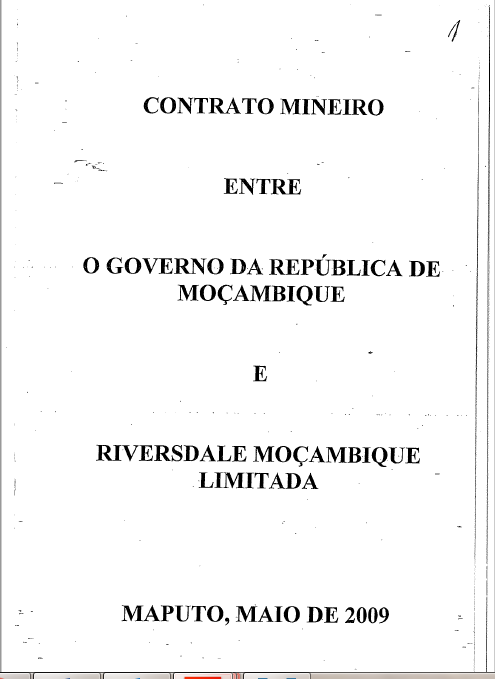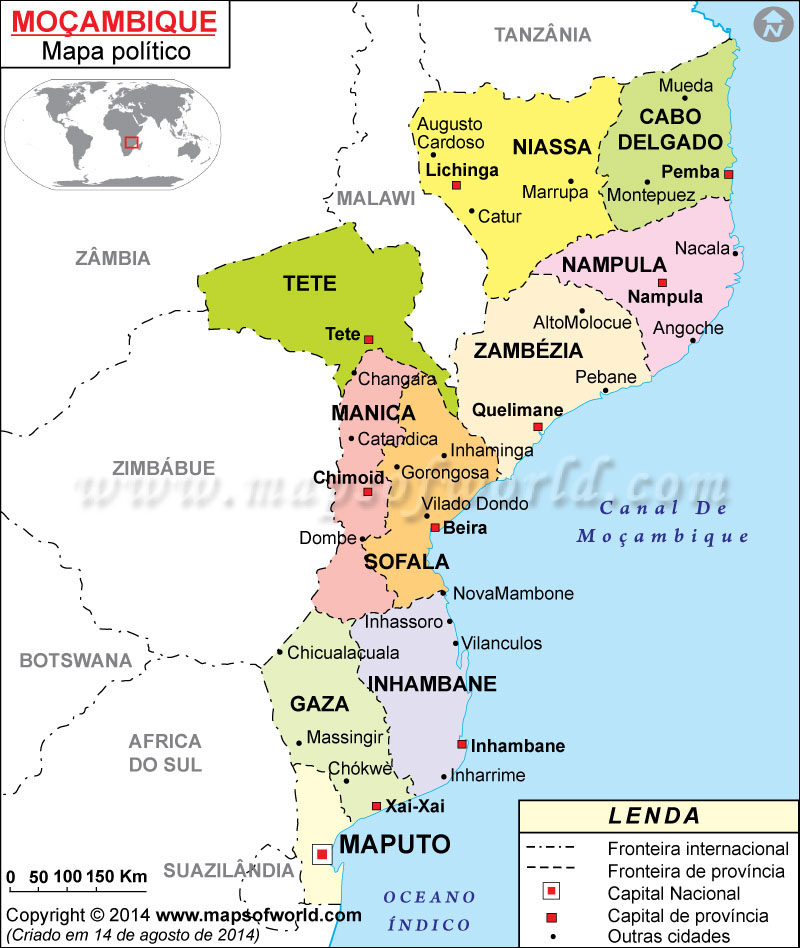Customary Rules and Practices Strengthen Women’s Land Tenure in Rural Mozambique
Under Mozambique’s Constitution and Land Law (1997), communities may legally govern their lands and natural resources according to customary norms and practices, so long as local customs do not contradict national law. However, rising land scarcity and associated increases in land value are leading some families to “reinterpret” custom as sanctioning the dispossession of widows from their marital lands.

